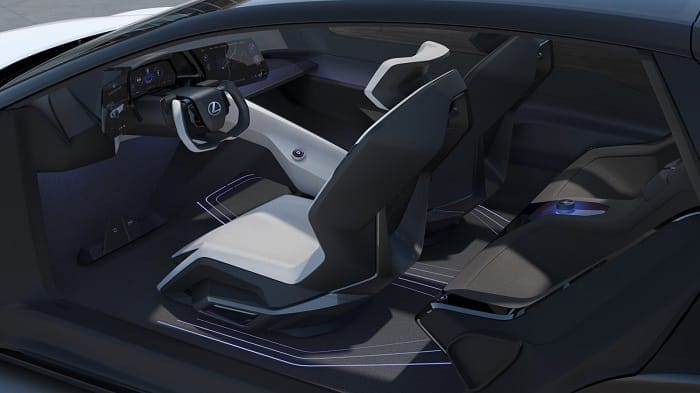German lawmakers have approved a bill that would allow for some driverless cars on public roads by 2022.
The DW Academie reported that driverless busses and other autonomous vehicles could soon hit the streets of Germany after lawmakers in the lower house of parliament approved new rules for self-driving cars.
The measure now passes to the upper chamber or parliament, the Bundesrat, for approval of the driverless bill before it can take effect.
Once approved, it would be the world’s first legal framework for integrating autonomous vehicles in regular traffic, according to the German government.
Also read: South Africa Must Accelerate Its Electric Car Plan To Avoid Export Revenue and Job Losses
The Department of Trade, Industry and Competition (dtic) has released a green paper on the South African roadmap to the production of electric vehicles.
Trade, Industry and Competition Minister, Ebrahim Patel, said the purpose of the green paper is to establish a clear policy foundation. He added that this will enable the country to coordinate a long-term strategy that will position South Africa at the forefront of advanced vehicle and vehicle component manufacturing.
“The strategy is complemented by a consumption leg, and a focus on increasing competitiveness in the global race to transition from the internal combustion engine era, into electro-mobility solutions and technologies,” Patel said on Tuesday.
In August 2019, the Minister set the large automakers in South Africa a challenge to help develop a roadmap for the local production of electric vehicles.
“The future of the automotive industry in South Africa lies in large-scale vehicle production and component exports and there is, therefore, a general acknowledgement in the domestic automotive industry that it must think differently in the way it perceives the electric evolution,” concludes the paper.
“Exporting remains key to generate sufficient economies of scale and achieving improved international competitiveness.
“If South Africa does not want to lose its major export markets and face significant job losses at plant level, export revenue, as well as a substantial drop in the automotive industry’s contribution to the GDP, which currently stands at 4,9%, it must accelerate its EV transformation in the country.”
The Draft Green Paper seeks to develop a framework for a comprehensive and long-term automotive industry transformation plan on new energy vehicles.
Also read: South Africa Is Developing Self-Driving Cars Regulations To Stimulate Growth
South African government is embarking on developing regulations that will guide and regulate the implementation and roll-out of autonomous vehicle technology (AVT).
In its Annual Performance Plan for the financial year 2020/21, the Department of Transport disclosed that we could not avoid the imminent changes in our road transportation system as a country.
“These regulations, therefore, will ensure that the country remains competitive towards what the world will be offering. The country will be in a position where it can trade and operate the vehicles with autonomous technology,” the department said.
The rest of the world is confronted with the changing world towards the fourth industrial revolution. In this regard from, a transport perspective, the world is migrating towards autonomous vehicle technology.
“As a country, we are therefore faced with the inevitable; thus, we have to be prepared.,” it added.
The department of transport said it would develop the regulations for autonomous vehicles considering the people with disabilities to ensure that they are accommodated in the new technology changes. Furthermore, this consideration will also extend to the specific needs of woman and children.
